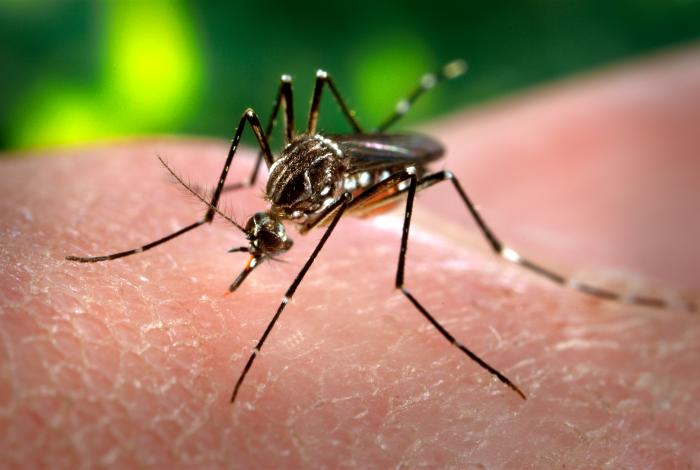The Philippines’ Department of Health (DOH) today declared a dengue alert in several parts of the country after the rapid increase in patients afflicted with the mosquito-borne disease.
The DOH’s official Facebook account announced that the alert covers regions I, II, IV-A, V, VIII, IX, XI, the Bangsamoro Autonomous Region in Muslim Mindanao, and the Cordillera Administrative Region.
DOH Secretary Francisco Duque III said that from Jan. 1 to June 29, a total of 106,630 dengue cases have been reported nationwide, an 85 percent spike from the number reported in the same period last year, which was at 57,564, reported The Philippine Daly Inquirer. Out of this year’s dengue patients, 456 people have died.
Despite the substantial increase in cases, Duque said there is no national epidemic yet, reported CNN Philippines.
Filipinos are encouraged to do what the department calls the “4S” for dengue prevention:
- Search and destroy mosquito-breeding sites
- Self-protection measures
- Seek early consultation
- Support fogging for impending outbreaks
Duque said they raised the alert so people can be better prepared.
“We want to raise awareness among the public and more importantly, in communities where signs of early dengue increases are evident,” he said.
He said dengue cases peak every three to four years. The Philippines had an increase in dengue cases in 2016, so the DOH is expecting the number to peak this year, reported Rappler.
Dengue is a disease spread by female mosquitoes most commonly of the species Aedes aegypti but, to a lesser extent, of the Ae. albopictus species as well, according to the World Health Organization.
Mainly found in tropical climates, dengue has no specific treatment. Its symptoms can last up to seven days and include fever, nausea, rashes, aches, and pains.
Dengue is a hot topic in the Philippines due to the controversy generated by the anti-dengue vaccine Dengvaxia. It was included in the government’s vaccination program launched in 2016 and some 800,000 school children were immunized with the vaccine. In 2017, Public Attorney’s Office chief Persida Acosta alleged that Dengvaxia has caused hundreds of children to die, a claim rejected by Duque and other health experts. The vaccine scare caused many parents to not get their children immunized, which led to a measles outbreak earlier this year.





Reader Interactions